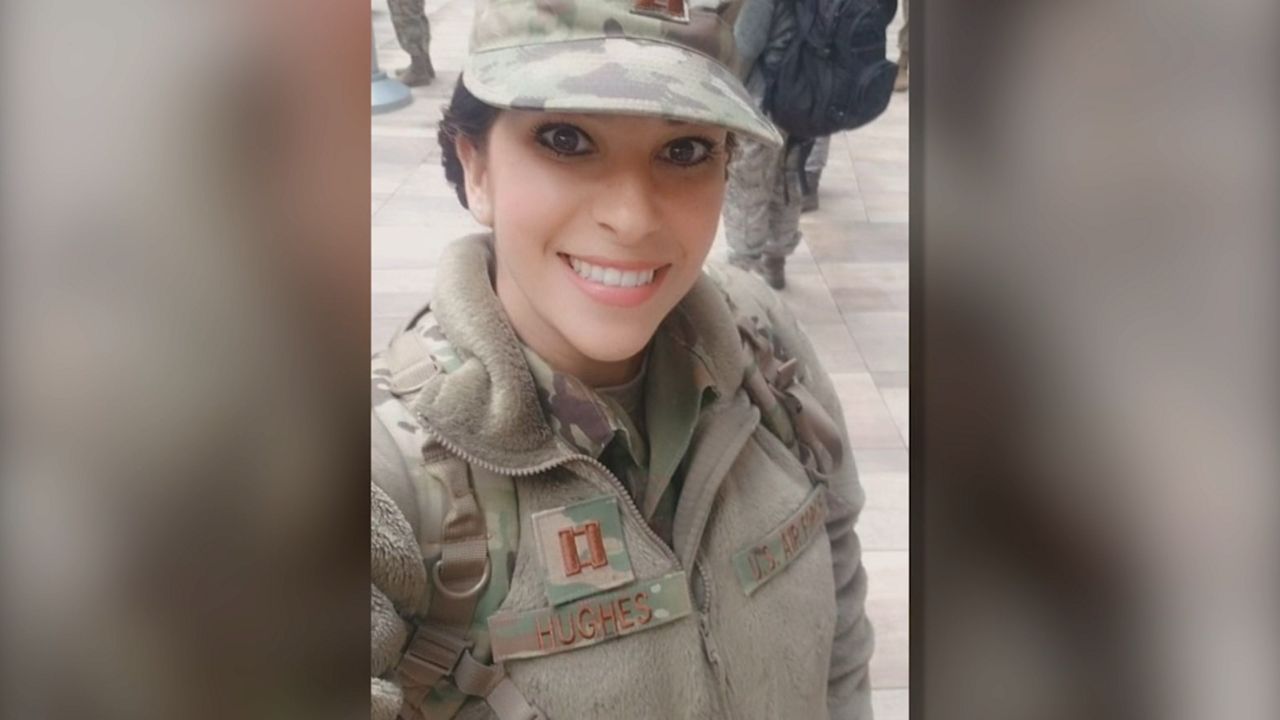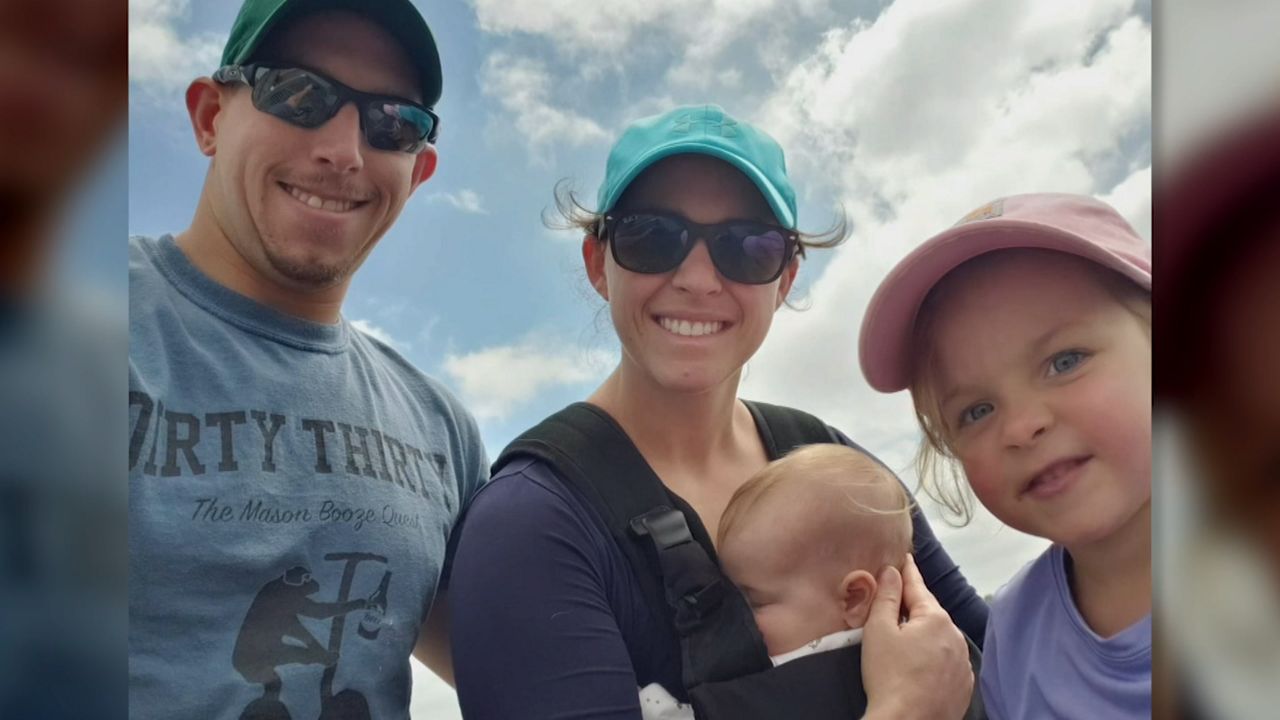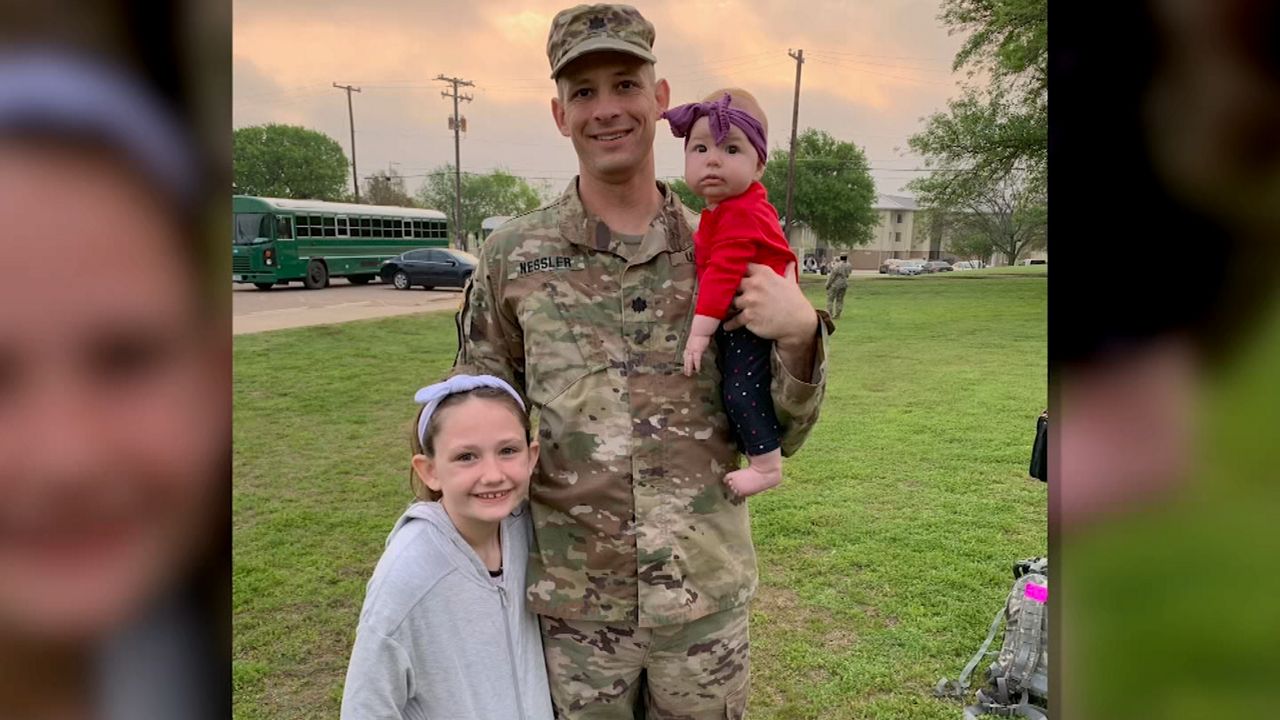More than 500 military service members have joined the fight against the coronavirus in city-operated hospitals.
“The pace is rapid from the time we get there to the time we leave,” said U.S. Air Force Captain Ashley Hughes.
Hughes arrived in New York on April 5, leaving her family behind in Texas on one day’s notice.

The registered nurse says she was first assigned to Jacobi Hospital, one of the city’s public hospitals in the Bronx, and then transferred to Queens Hospital, another city operated facility. She’s working in an intensive care unit.
“These patients are very critical, especially in the ICU,” Hughes explained. “They could turn for the worse at any moment or get better at any moment.”
The constant patient needs from the past five weeks have taken a toll on the healthcare providers.
“I have to give them all the credit in the world. They’ve been battling this COVID pandemic for about three weeks before we got here,” Hughes said.
U.S. Navy Lieutenant Sarah Dekay of Colorado is a critical care nurse assigned to city-operated Elmhurst Hospital. She’s working in an intensive care unit that was converted from a post-anesthesia care unit. It was staffed with nurses that she says didn’t have the specialized critical care background.

”They were thrown into this to take care of ICU patients, that wasn’t really their specialty,” explained Dekay. “They worked so hard and we come in and they’ve kind of been able to take a step back, and they essentially run the unit and we’re there to work.”
Many of the military service members don’t know yet when they will return to their families.
But U.S. Army Lieutenant Colonel Thomas Nessler, an emergency medicine physician from Texas working at the Javits Center, says if he must be away, the warm welcome from New Yorkers around the city makes the distance bearable.

“You can walk down the street and people open their windows and they cheer for us and they bang on pans and it has been pretty humbling to see their reception,” Nessler recounted. “They’ve been pretty accepting of us. And that makes us happy to be here and happy to do the work that we are trying to do.”


